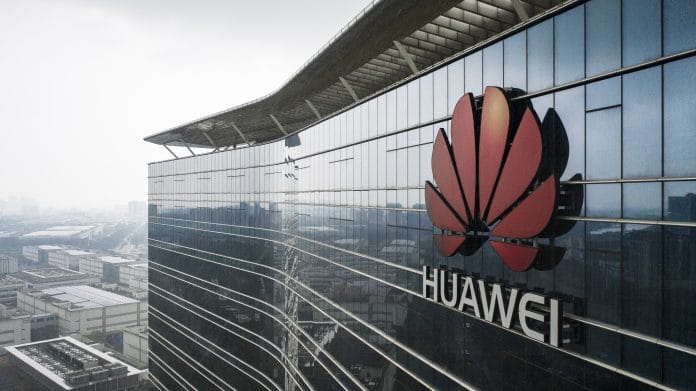Hong Kong: China’s three state-owned wireless carriers debuted 5G mobile phone services Thursday, a milestone in the country’s push to become a technology power even as it remains locked in a trade war with the U.S.
China Mobile Ltd., the country’s largest carrier, unveiled its network in 50 cities including Beijing, Shanghai and Shenzhen, with packages priced as low as 128 yuan ($18) a month. Rivals China Telecom Corp. and China Unicom Hong Kong Ltd. also introduced their services at comparable rates.
The operators had planned to start the networks next year, but accelerated the rollout just as the U.S. dug in on a boycott of China-based 5G equipment supplier and technology giant Huawei Technologies Co. Operators in the U.S. have introduced 5G to parts of some cities, without using Huawei gear, and South Korea debuted its version in April, though China will quickly become the largest provider by virtue of its huge population and investment by the companies.
“While some other countries launched 5G services earlier this year, China will have the largest commercial operating 5G network in the world on Friday,” Chris Lane and other analysts at Sanford C. Bernstein. wrote in a note to clients Wednesday. “The scale of its network and the price of its 5G services will have a pivotal impact throughout the supply chain.”
Local media had initially reported the carriers would make 5G available starting Friday. As of Thursday morning, all three were already offering access to the service.
Subscribers in China — more than 10 million have pre-registered for 5G — will have access to faster videos and games, more virtual reality applications and improved performance for mobile videoconferencing.
China Mobile’s 5G packages for the heaviest users are priced similar to 4G plans that go as high as 588 yuan a month.
The largest cities including Beijing, Shanghai and Shenzhen will get full coverage first. The three operators have projected a combined capital spending of 302 billion yuan this year.
The scale of deploying 5G infrastructure across China is especially important for Huawei. Dominance in the world’s largest market can blunt the effects of a U.S. campaign against other countries installing Huawei gear, which it accuses of posing a security threat. Despite the U.S. pressure, Huawei said in July that it had signed more than 60 commercial contracts to supply 5G networks around the world, including at least 28 in Europe.
Also read: German spy chief says Huawei can’t be ‘fully trusted’ in 5G






